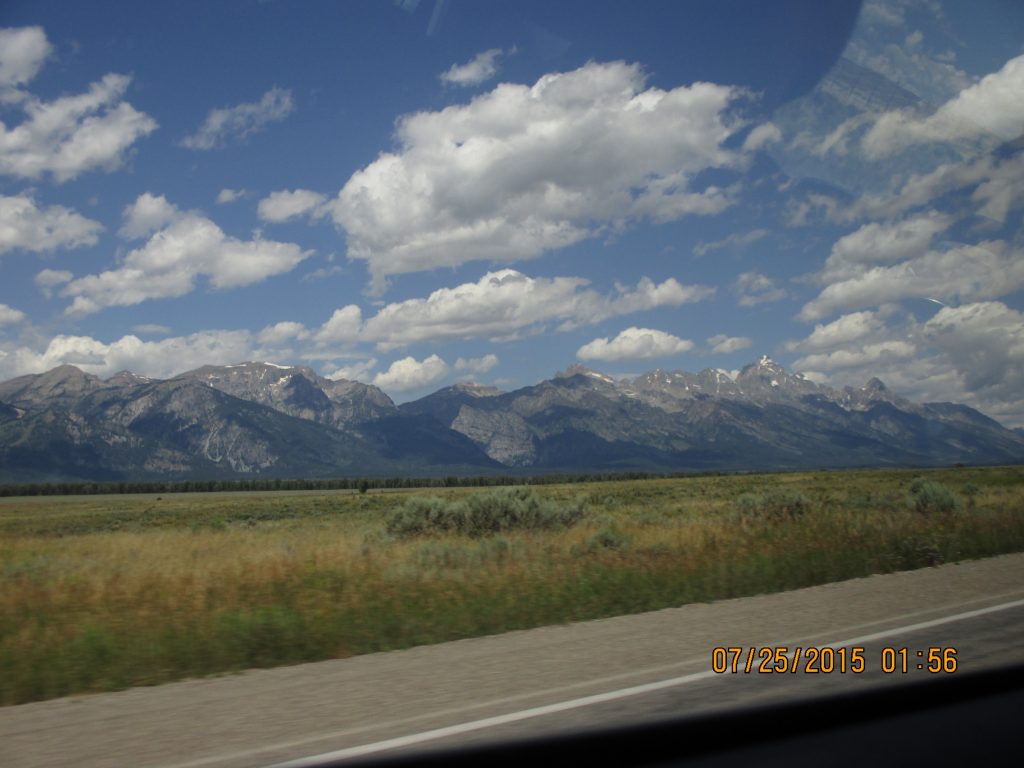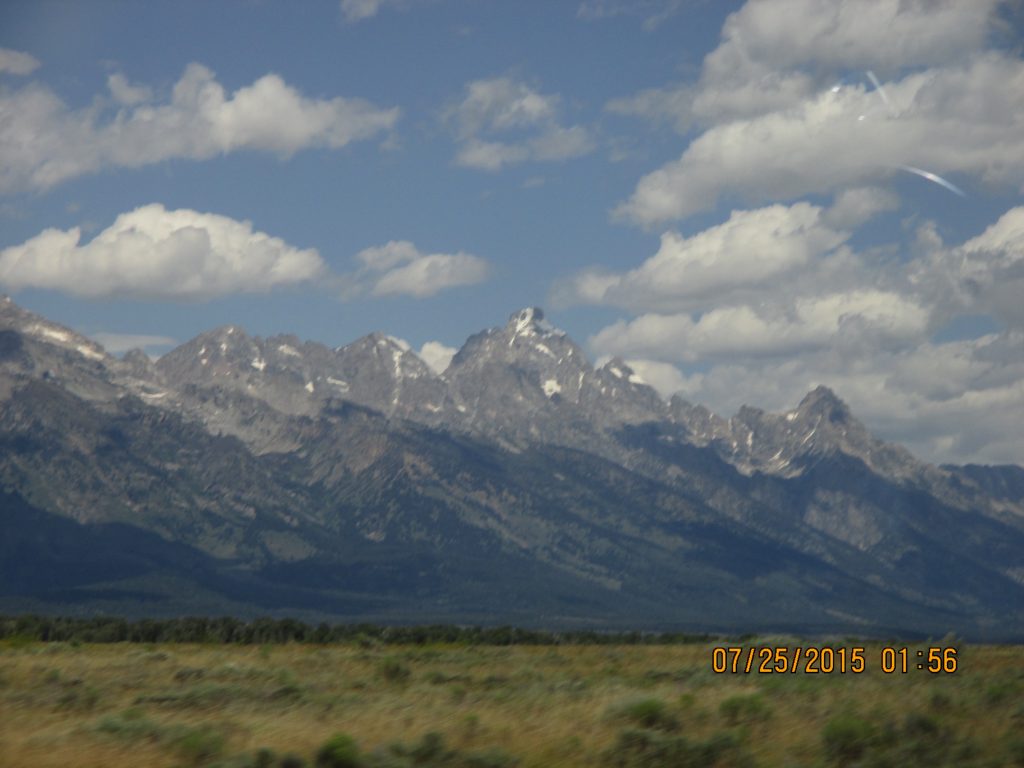The text: Psalm 104 – NRSV
If you are a nature lover, then there are few psalms that can compete with Psalm 104. It is an extended poem about the totality of Creation framed as a song of praise to the Creator. While there are echoes of Genesis 1 here, the level of detail is much greater. Clearly the psalmist was a keen observer of the natural world, and one cannot help but come away from reading this psalm with an appreciation of the complexity and interconnectivity of all life. It’s fascinating, and even a bit amusing, to see humans treated just like the other animals (v. 23, 26). There go the ships and Leviathan that you formed to sport in it. Leviathan was the great sea monster of the deep, the sum of all fears of every ancient sailor and the symbol of the chaos of the limitless ocean. What juxtaposition! What is clearly missing here is any exalting of humanity over the rest of creation like we find Genesis or Psalm 8. We are simply another small part of the vastness of God’s created order. This leads to the core of the psalm, v. 27-30, a beautiful statement of how all life comes from God and continually depends on God. In this way, Psalm 104 is closer to John 1, where the Christ is the agent of creation: All things came into being through him, and without him not one thing came into being. What has come into being in him was life, and the life was the light of all people. The light shines in the darkness, and the darkness did not overtake it. There is a word here for us as we journey through Holy Week. Perhaps we should remember with the psalmist that fundamentally our God is a Creator, and is still at work. After all, what is Easter if not a profound act of creation? As our Creator God says through Isaiah: Behold, I am doing a new thing; now it springs forth, do you not perceive it?
Curious about this series of posts? Read the initial post.
Want to catch up on any you missed? See them all by clicking on ‘Lenten Psalms” below.


